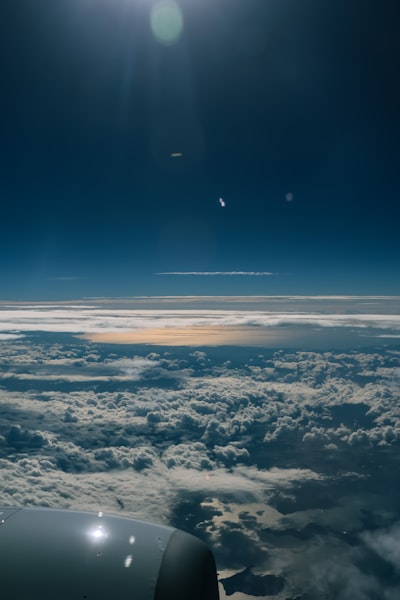Imagine looking up to the clouds, not with awe, but with anxiety—wondering if the next shooting star you spot might actually be a two-ton hunk of wayward rocket hardware from the latest space launch. As more countries—and private companies—fill the skies with satellites and stage ambitious moonshots, a peculiar question looms: Who is responsible when space junk crashes back to Earth?
Historically, one incident in 1978 set the cosmic precedent: the Soviet nuclear-powered satellite Cosmos 954 broke up over northern Canada, scattering radioactive debris across vast wilderness. Canada billed the USSR over $6 million (settling later for about half), planting the legal seeds for celestial accountability. Now, in the twenty-first century, with SpaceX and others launching at dizzying frequency, the sky is more crowded than our highways—and the insurance claims are interstellar.
Should rural farmers in Mexico, Australia, or Botswana have to worry about American (or Chinese) rocket bits puncturing their fields? If a space toilet survives reentry, is it a souvenir, a liability, or a lawsuit waiting to happen? The boundaries of national sovereignty and environmental responsibility are, quite literally, being redrawn overhead. Maybe the next global treaty won’t be about borders on land or water, but about who picks up after our cosmic parties.
Whether we like it or not, we’re all residents under a shared sky-turned-garage. As humanity races toward Mars, perhaps it’s time we agreed: Space junk isn’t someone else’s problem—it’s everyone’s.
This article was inspired by the headline: 'Mexico’s president threatens to sue over SpaceX debris from rocket explosions'.

Comments
No comments yet. Be the first to comment!